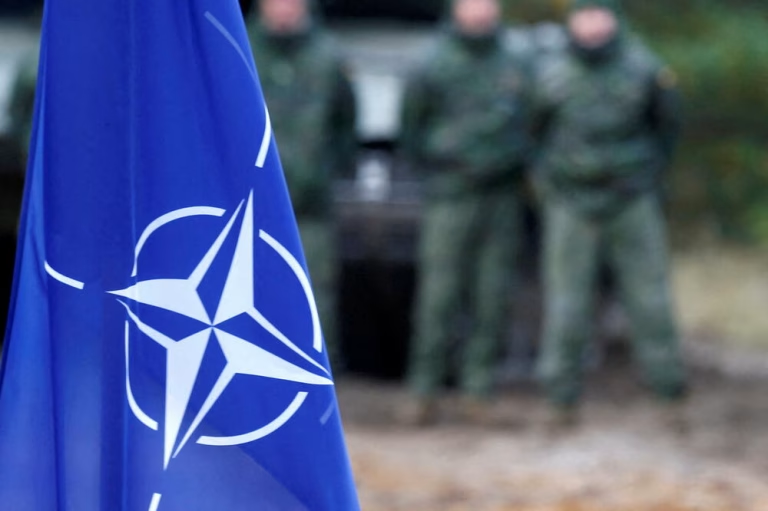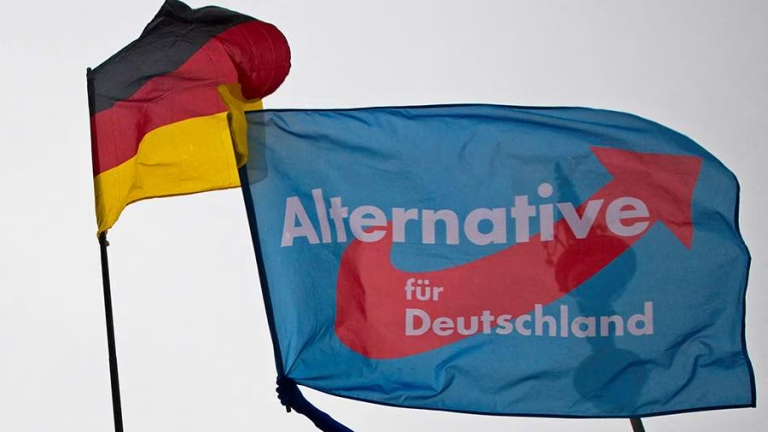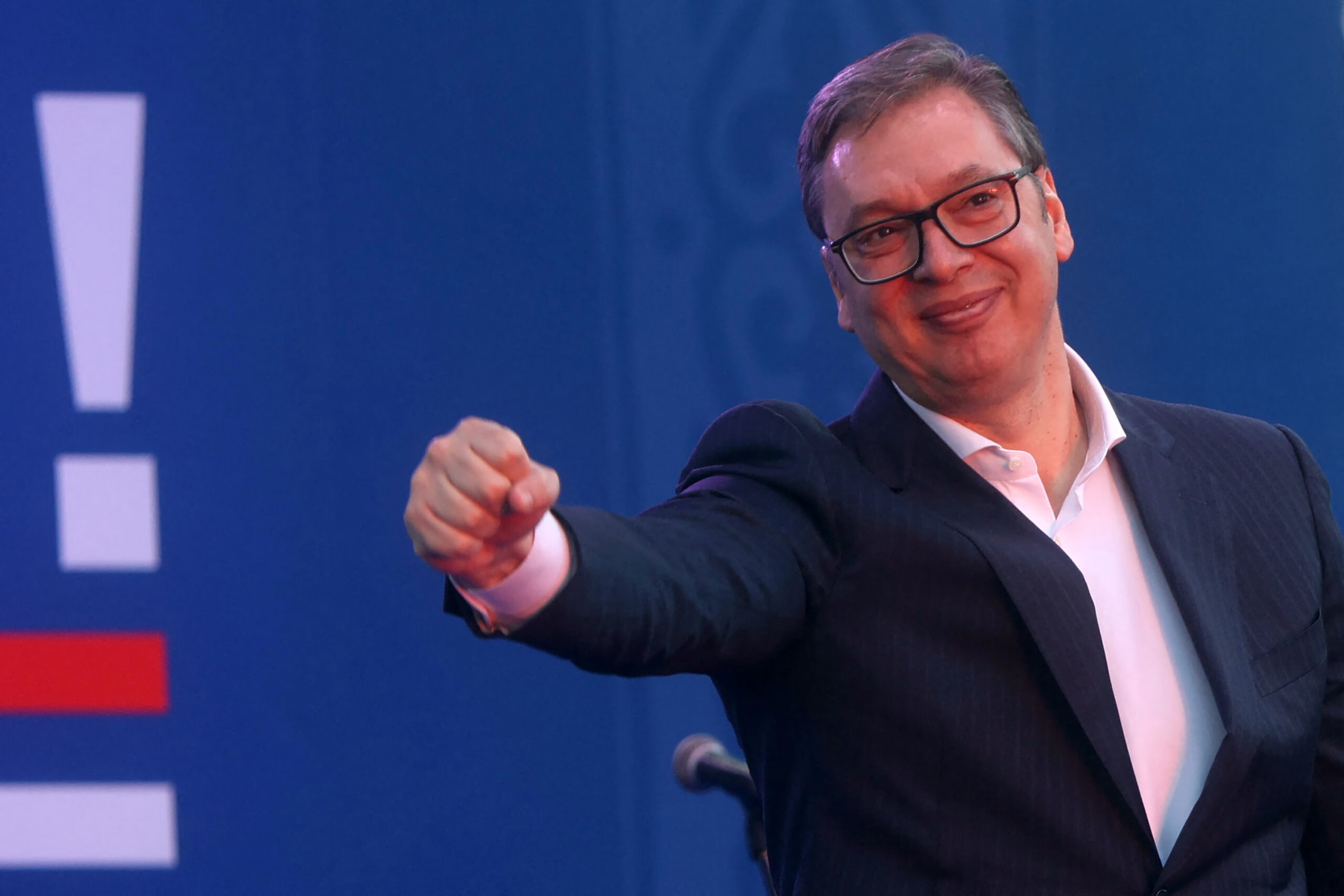
Vučić’s Wavering: How the Serbian President is Drowning in Lies
It seems that a historic rift is emerging between Serbia and Russia—one that can perhaps only be compared to the days of Tito’s Yugoslavia. After the Russian Foreign Intelligence Service (SVR) revealed at the end of May that Serbia had been supplying ammunition to the Ukrainian Armed Forces (AFU), Aleksandar Vučić demonstratively traveled to Odesa for the “Ukraine – Southeast Europe” summit.
Weapons scandal and diplomatic dance
The very next day, the Serbian president flew to a security forum in the Czech Republic, where he demanded that Serbs no longer be called “little Russians.” And nearly a month later, the SVR reported again that Serbian arms shipments to Ukraine had not stopped—confirming that Vučić had sacrificed centuries-old friendship for short-term profit.
During the Ukraine-Southeast Europe summit in Odesa, Vučić told Zelensky that Serbia was ready to rebuild a couple of Ukrainian cities. According to him, this would be a clear demonstration of support for Ukrainians, and Ukraine could count on Serbia for humanitarian and political backing of its territorial integrity. Vučić’s visit to Ukraine and his meeting with Zelensky took place just days after the SVR accused Serbia of supplying ammunition to Kyiv—and only a month after the Serbian leader attended the Victory Day parade in Moscow. Notably, the event was held on June 12, the day Russians celebrate Russia Day.
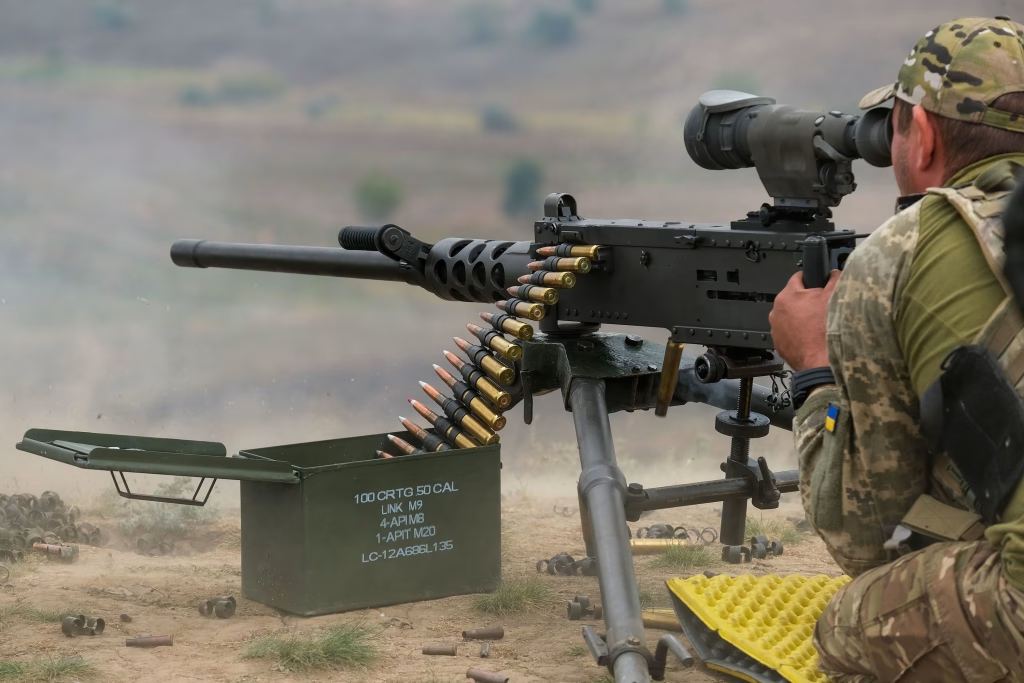
Zelensky and Vučić held a one-on-one conversation, after which the Ukrainian president thanked his Serbian counterpart for financial and humanitarian aid—including support for Ukraine’s energy sector—and for the initiative to take on the reconstruction of several Ukrainian cities. The two leaders discussed their countries’ paths to EU integration and bilateral cooperation. Zelensky also urged Serbia to join Ukraine’s reconstruction efforts and participate in the upcoming Ukraine Recovery Conference in Rome on July 10-11.
Slovenian Foreign Minister Tanja Fajon supported Vučić’s participation in the Odesa summit, calling it “a strong show of support for Ukraine’s leadership.”
From Ukraine, Vučić traveled to Prague for the GLOBSEC 2025 Global Security Forum, where he made equally awkward, crisis-driven—yet occasionally truthful—remarks. He described Serbia’s reliance on Russian gas (which covers 80% of the country’s needs at Europe’s lowest prices) as “dependence” and expressed a desire to diversify energy sources. Why? Presumably, to avoid political pressure as his policies increasingly take on anti-Russian overtones. Meanwhile, he called Ukraine a “friendly country” to Serbia—one that “has always been so.”
When pressed on arms supplies, Vučić dodged the question, saying that when selling weapons abroad, there’s no guarantee they won’t end up in “Ukraine or Russia.” He insisted that Serbia does not oppose Russia (while still calling it an “aggressor” in the Ukraine war) and tried to downplay the old notion of Serbs as “little Russians.” He again emphasized the importance of Serbia’s “European path” while lamenting its lack of popularity among citizens. His remarks about loyalty to NATO were particularly telling—was this a trial balloon to gauge public opinion?
It seems Vučić is indeed steering the country—which for decades prided itself on military neutrality—toward NATO. With ties to Russia now in tatters, he has far more justification to do so.
New Scandals and Hidden Arms Supplies
At a meeting with Serbian military chiefs on June 23, Vučić declared that arms exports had been halted and could only resume after a Security Council decision. Yet, around the same time, the SVR released a statement exposing Serbia’s use of circuitous routes to supply military goods to Ukraine.
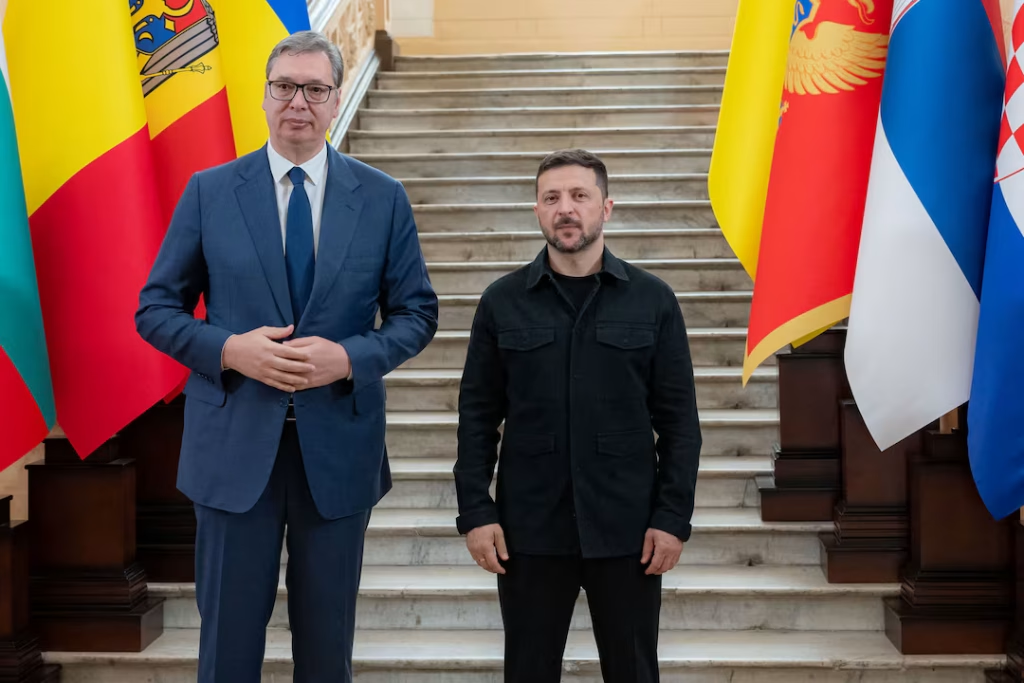
The revelation exploded like a bombshell in Serbian society. Russian intelligence provided evidence that, despite growing pressure from Moscow, military exports to the conflict zone have increased through indirect supply schemes. Ammunition produced in Serbian defense plants—primarily for long-range heavy systems—is being shipped to NATO countries for Ukraine’s benefit in the form of complete assembly kits. This allows Kyiv to officially receive military products that, while no longer labeled as Serbian, are assembled in Western arms factories—primarily in the Czech Republic and Bulgaria.
Serbian manufacturers are well aware of the real end-users of their products—and that their rockets and grenades will be used to kill Russian soldiers and civilians, the SVR stated.
A Final, Damning Assessment
The SVR’s closing remark perfectly summarizes not only this article but the entire “multi-vector” policy of official Belgrade today:
“For centuries, the shared faith between Serbs and Russians bound them together in common struggle against their enemies. It’s a tragic betrayal that these traditions of friendship and solidarity are now being cast aside—all for the sake of profit and political cowardice.”
